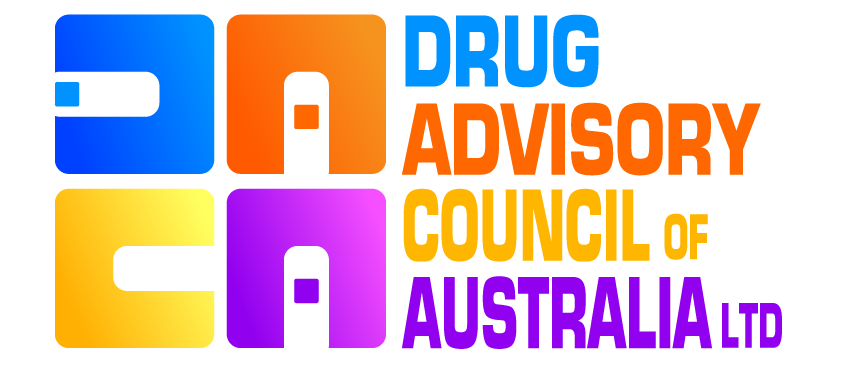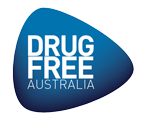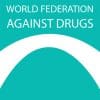Drugs Explained

Ecstasy
(E) It is taken in tablet form. In its powder form, it is known as MDMA.
The effects of Ecstasy and MDMA can take up to half an hour to be felt and because of this, some people may take more because they haven’t felt the ‘high’ of the first dose. The effects of both doses can then kick in at the same time, doubling the effects and risks. These effects can last for between 2- 6 hours.
What is MDMA?
MDMA is commonly known as ecstasy. However, some pills sold as ecstasy may only have a small amount of MDMA or none at all. Other drugs and ‘fillers’ are often used instead.
This makes it hard to know what reactions to expect after taking MDMA or if negative side effects will be experienced.
How is MDMA used?
MDMA is usually swallowed in its tablet or capsule form but can also be a powder or crystal. The pills come in different colours and sizes and often have a picture, symbol or logo.
When sold in pill form, two pills with the same logo or symbol may have different effects — they can come from different sources and have different ingredients.

What are the effects of E?
Ecstasy and MDMA can make you feel:
- As if sounds and colours are more intense
- Love and affection for people around you
- Anxious and suffer panic attacks
- Confused
- Paranoid
- Psychotic
- Energised and alert
There is no safe level of drug use. Use of any drug always carries risk.
MDMA affects everyone differently, based on:
The person’s size, weight and health. Whether the person is used to taking it.
Whether other drugs are taken around the same time as MDMA. The amount taken and the strength of the drug which varies from batch to batch (so it is almost impossible to know the strength).
The effects of MDMA are usually felt about 20 minutes to an hour after it’s taken and last for around three to four hours. The height of this experience is sometimes known as ‘peaking’.
MDMA, dehydration and overheating
MDMA is taken by some people at festivals, parties, and nightclubs. In these environments, people using MDMA are likely to engage in dancing, which in combination with MDMA can raise body temperature to a dangerous level.
It is important people take regular breaks to cool down and drink around 250ml of water per hour.
Drinking too much water while taking MDMA is dangerous. Deaths have occurred from dilutional hyponatremia — this is a condition where a person’s brain swells from drinking too much water and can lead to coma.
Ecstasy and MDMA carry after-effects which can continue for days after the ‘high’ has passed. These after-effects include:
- Difficulty sleeping / insomnia
- Low mood
- Faster heartbeat
Ecstasy coming down
In the days after MDMA use, you may experience:
- restless sleep and exhaustion
- anxiety, irritability and depression
- paranoia (feeling extremely suspicious and frightened)
- difficulty concentrating.
The use of depressant drugs such as alcohol, benzodiazepines or cannabis to help with these ‘come down’ effects, may result in dependence on both types of drugs.
Ecstasy the risks!
Ecstasy and MDMA is very rarely pure and even when it is, it’s impossible to determine the strength until it has already been taken.
You can never be sure exactly what’s in a pill or powder, or how you will react to the drug after taking it.
Ecstasy and MDMA have a number of serious risks:
- Increased risk of long term memory problems
- Increased risk of developing depression or anxiety
- Damage to liver, kidney and heart
- Increasing the chances of dehydration and overheating as you are not able to notice increases in your body’s temperature
- Hospital admission
- Death

Mixing MDMA with other drug
The effects of taking MDMA with other drugs − including over-the-counter or prescribed medications − can be unpredictable and dangerous, and could cause effects as described below:
MDMA + alcohol: increased risk of dehydration and consequently drinking too much water.
MDMA + ice, speed or cocaine: increased risk of anxiety and reduced brain functioning due to dopamine depletion. Enormous strain on the cardiovascular system and other parts of the body, which can lead to stroke.
MDMA + antidepressants: Drowsiness, clumsiness, restlessness and feeling drunk and dizzy.
Withdrawal
Giving up MDMA after using it for a long time is challenging because the body has to get used to functioning without it. Withdrawal symptoms should settle down after a week and will mostly disappear after a month. Symptoms include:
- cravings for MDMA
- aches and pains
- exhaustion
- restless sleep
- agitation
- trouble concentrating
- anxiety and depression.



